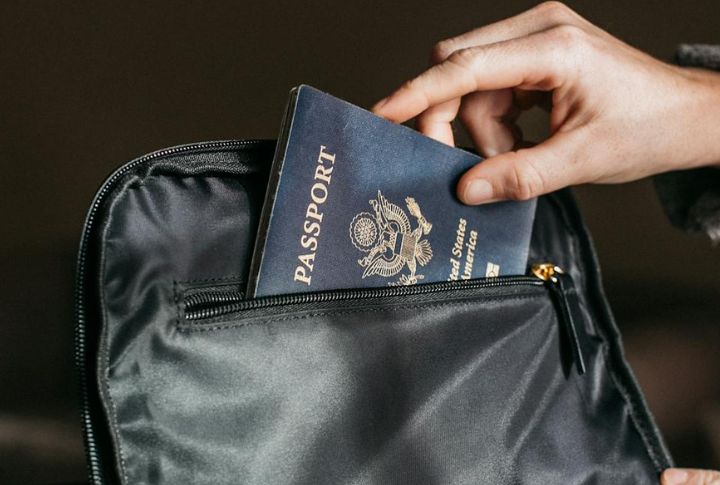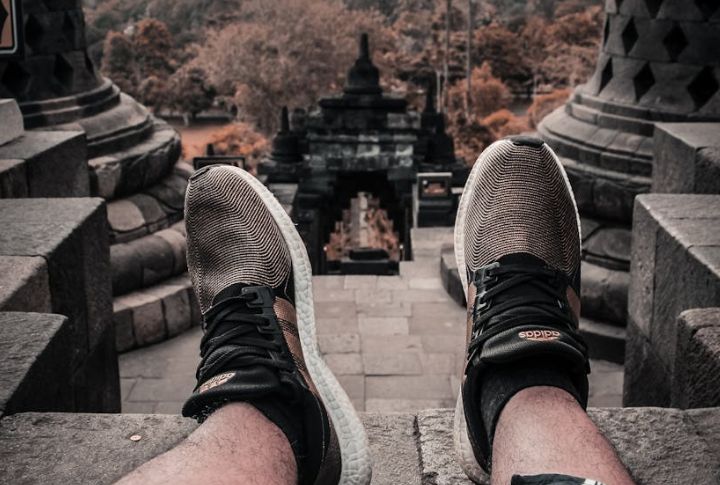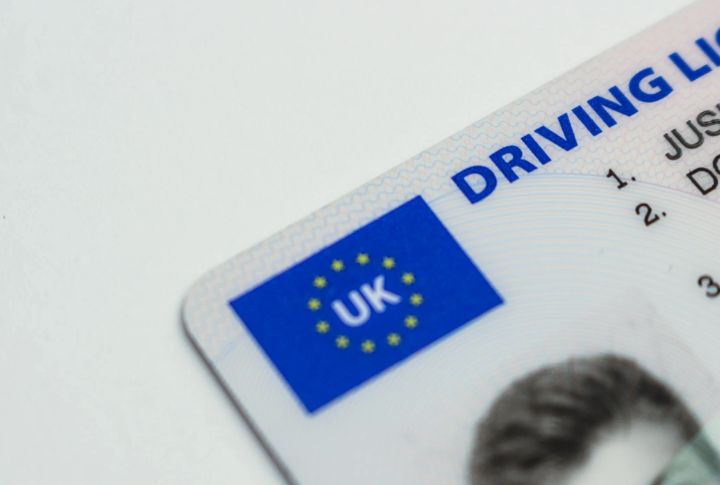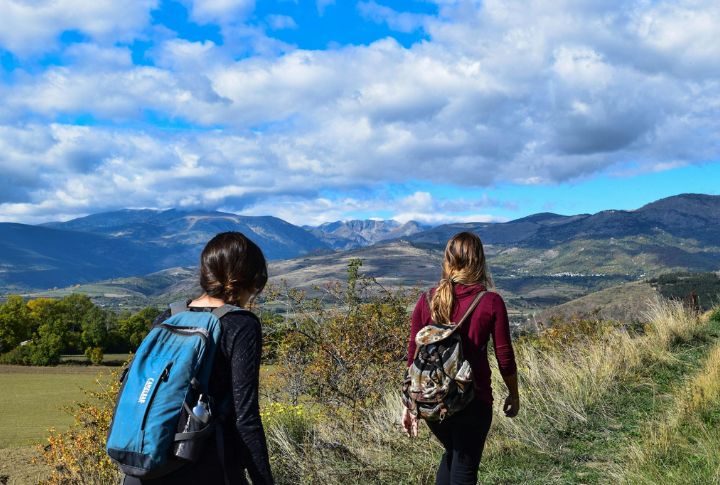15 Ways Tourists Accidentally Break Local Laws Abroad

Traveling is all about adventure, but sometimes, without even realizing it, we step into a whole new world of rules and customs. What’s perfectly acceptable at home might be a big no-no in another country. So, here are 15 ways tourists unknowingly break the law while exploring the world.
Stepping On Roofs

Those bright white domes in Santorini may look like the perfect Instagram perch, but stepping on them is a big no-no. In Greece, many of these rooftops are parts of private chapels or sacred spaces. Therefore, climbing up there will cost you a penalty.
Wearing Camouflage Clothing

In several Caribbean and African nations, wearing a camo as a civilian is a serious misstep. Countries like Barbados and Ghana reserve these prints for their military forces, and anyone else sporting the pattern can be perceived as impersonating an officer—or worse, challenging authority.
Taking Photos Of Government Buildings

Snap the wrong photo in the UAE and you’ll snap up trouble. Military sites, royal palaces, and government offices are off-limits. Tourists unaware of this can face phone confiscation or detention. This is because local security laws treat these areas as protected, not as Insta-friendly backdrops.
Public Displays Of Affection

While you may see couples embracing freely in the U.S., many Middle Eastern countries operate under strict religious and moral codes that regulate behavior in public spaces. Displays of affection between non-married individuals, in particular, are viewed as offensive.
Feeding The Pigeons

Local authorities in Venice banned the feeding of pigeons in historic areas because the birds, as innocent as they seem, cause significant damage to centuries-old architecture. Their droppings corrode stone and stain statues, creating costly and ongoing maintenance issues.
Not Carrying An ID

In Japan, tourists must carry their passports at all times. Police checks are routine, especially in busy or nightlife districts, and forgetting your ID can lead to detention until your identity is verified. It’s a standard procedure, so always double-check your pocket before leaving.
Wearing High Heels In Archaeological Sites

Strutting through ruins in stilettos might feel glamorous—until you hit a restricted zone. When you are in Greece, remember that high heels are banned at ancient sites like the Acropolis to prevent damage to fragile stone surfaces. Choose comfy soles that show respect and still look stylish in photos.
Wearing Shoes Inside Temples

Some doors should be entered barefoot. Religious temples in Thailand and Japan expect visitors to remove their shoes as a symbol of respect. It’s an etiquette carved into daily life. Keeping your sneakers on could see you dropped out instead of being welcomed in.
Holding A Vape Or E-Cigarette

E-cigarettes have been completely banned in Thailand since 2014. Possessing one can lead to fines, arrest, or jail time. Many tourists think vaping is universally legal—it’s not. Even using a vape discreetly can trigger serious legal consequences. Hence, it is better to ditch it than risk detention.
Driving Without An International License

That scenic drive through Tuscany could be your last if you’re pulled over without the right paperwork. In Spain or Italy, an International Driving Permit often complements your home license. Forget it, and you might find your road trip parked by the roadside with a ticket.
Swearing In Public

Swearing loudly on the streets of Sydney or near a mosque in Dubai? That could cost you. Several countries penalize public profanity under laws protecting civility or religious respect. A single careless comment near the wrong crowd can trigger fines. Therefore, speak thoughtfully wherever you go.
Bringing In Over-The-Counter Medications

Some cold medicines, legal in the U.S., are banned abroad. Japan and the UAE prohibit pseudoephedrine-based decongestants and codeine without permits. Always check local drug laws before packing your go-to pills, as not all medicines travel well.
Wearing Revealing Clothing At Religious Sites

Tank tops and shorts won’t fly at temples or mosques. In places like Malaysia or Sri Lanka, visitors are expected to dress modestly—shoulders and knees covered. Disregard the dress code, and you risk being denied entry, shamed publicly, or fined.
Hiking Off-Trail In Protected Parks

Wander off the path for a better view, and you might trample more than plants—you could step into legal trouble. Costa Rica or Iceland’s conservation laws prohibit straying from marked trails. Protected ecosystems are fragile, and authorities don’t take kindly to selfie-seekers damaging them.
Using Public Wi-Fi Without Permission

Countries like Germany, don’t allow you to connect to unsecured Wi-Fi without the owner’s. It can be considered unauthorized access under local cybercrime laws. Tourists might assume it’s harmless to hop on a cafe’s open signal—but doing so without asking could result in fines or legal trouble.






